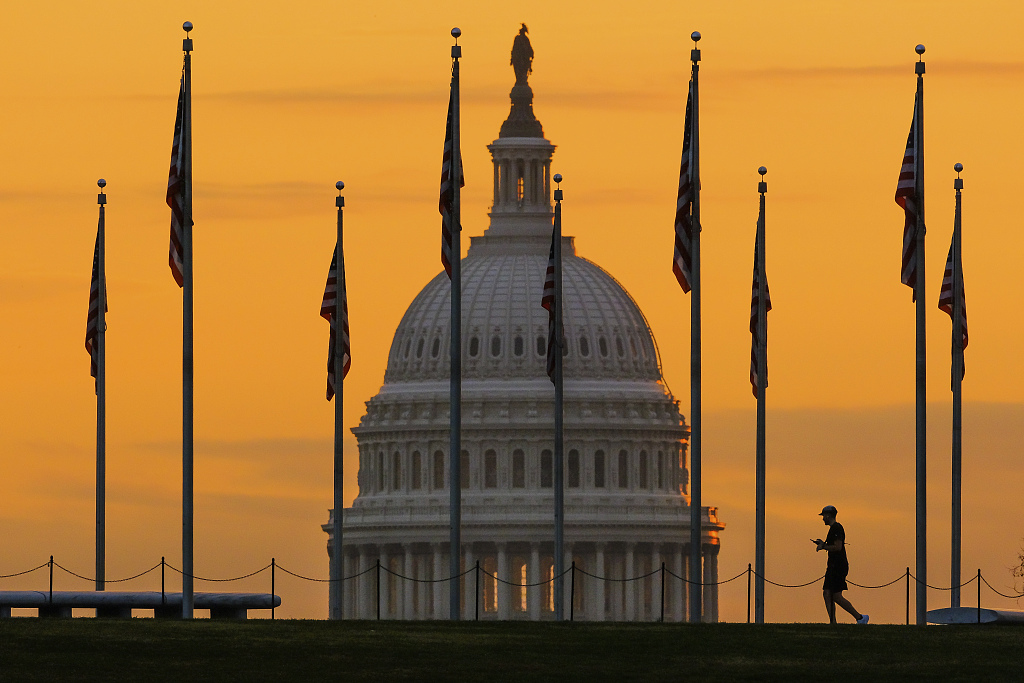The United States finds itself at a crossroads, pondering its role in the ever-evolving Asia-Pacific region. The question arises – can the U.S. continue to view China as a threat merely because of its remarkable economic ascent? As the world watches with bated breath, the U.S. attempts to sow division and politicize the Asia-Pacific region’s development agenda could lead to isolation on the global stage.
The Question of China’s Threat Perception and Cooperative Growth
The United States might be concerned about China’s meteoric rise, but it is crucial to recognize that cooperation and mutual benefit can coexist with competition. China lags behind the United States in fields like science and technology, yet both nations can pursue development across various fronts while reaping the rewards of each other’s growth. The prevailing sentiment that the U.S. perceives China as a threat mainly because of its increasing strength is a viewpoint many consider unacceptable.
The U.S.’s rationale, seemingly rooted in Western “power competition theory,” fails to account for the nuances of China’s distinct historical and civilizational background, moral standards, values, and its socialist system. Furthermore, China’s commitment to building a community with a shared future for mankind, promoting equality, mutual benefit, mutual respect, and respecting the right of every country to choose its own development path underscores its peaceful intentions.
China’s Peaceful Rise and America’s Fears of Losing Global Leadership
The fear gripping the United States isn’t driven by an immediate threat posed by China; rather, it’s a reaction to the changing world order and the emergence of powerful market economies, notably China. In the global arena, the U.S. grapples with challenges stemming from internal issues and the consequences of past policy blunders. It is vital to understand that China’s peaceful rise should not be misconstrued as a threat, nor should it be blamed for the problems the U.S. faces today.
The question arises – if China remained a poor nation, would it have been more acceptable to the U.S. in its efforts to safeguard security in the Asia-Pacific? This argument appears flawed and inconsistent with the realities of international relations.
Asian Nations Unite Against US Attempts to Divide the Asia-Pacific
The winds of change in the Asia-Pacific are blowing in a different direction. Many Asian nations have chosen not to take sides in the power competition that the U.S. is orchestrating against China. The reason is clear; they do not wish to become pawns in the game of power politics. As a result, the United States risks finding itself isolated if it persists in dividing the Asia-Pacific and politicizing the region’s development agenda.
The Asia-Pacific region stands on the precipice of transformation, with nations keen on forging partnerships based on cooperation, rather than competition, to ensure a harmonious future. It is high time for the United States to reevaluate its perception of China and take a more constructive role in regional and international relations. The choice lies before it – isolation through division, or unity through cooperation. The world watches with interest and concern as the United States navigates these turbulent waters in the ever-vital Asia-Pacific region.
















